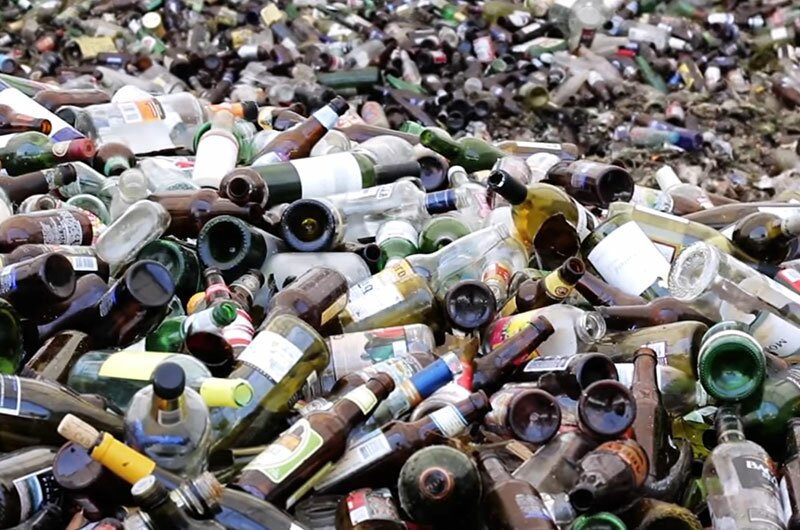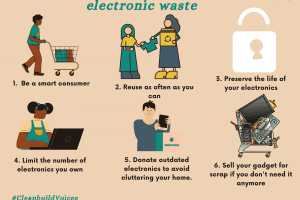Recycling is taking a new turn and many recycling start-ups are branching into other recyclable items, one of which is glass.
it is no surprise that many people don’t know that glass can be recycled.
Apart from plastic waste, glass is another solid that can be recycled and yes, both broken and not broken glasses can be recycled depending on the recycling company.
Glass recycling presents a very lucrative business opportunity as it could serve as an employment booster for people living in urban communities.
Also, one of the ways to curb climate change as well as enable economic growth is through recycling.
Because glass is made from readily available domestic material such as sand, soda ash, limestone, and cullet, they are 100 percent recyclable without the loss in quality or purity.
Glass recycling is simply the process of turning glass into reusable glass, this can save sand, soda, and other materials used in making glass.
Notably, not all glasses can be recycled, the glasses that are recyclable are window panes, mirrors, automotive glass, crystal, ceramics which include cookware and decorative pieces, heat resistant glasses like pyrex, and lightbulbs.
How is this done?
Glass recycling is a simple process, it is melted down and made into different shapes and forms, from drinking glass to fiberglass.
It is broken into smaller pieces called cullet, these broken pieces are crushed, sorted, cleaned, and prepared to be mixed with raw materials like soda ash and sand. It is then melted together in a furnace and shaped into molds to make bottles of different sizes and colours. Also, new recycled bottles and jars are made in this same process.
This process is easy and requires less time compared to when making glass from scratch with raw materials which uses more time and energy.
The economic value of glass recycling
It is no secret that recycling helps to boost the economy of a community, glass recycling as stated before helps to create jobs and business opportunities. From the collection which requires manpower and the processing which also needs an outlet.
Start-ups can create business ventures from glass recycling while also helping to eradicate unemployment. Selling the finished products to other companies that operate on a local level and save them the stress and money of importation.
Also, it can help save money, because it is an easier process and very feasible if invested in compared to the process of making glass from scratch.
When recycling, saves the cost of waste disposal in landfills and incinerators. Glass recycling can help reduce landfills which can create space of land to be used for other economic ideas, saving money on space and bolstering revenue of a country, especially for developing countries.
Environmental benefits
The greatest benefit of glass recycling is to the environment. Compared to making glass from scratch which will consume a lot of energy, glass recycling requires a low temperature to melt the cullet.
Glass recycling can reduce air pollution by 20 percent and other related water pollution by 50 percent. In addition, it will reduce the space in landfills and glass-related injuries.
Glass recycling is very practical; as such, it can create entrepreneurial opportunities while combating climate change.




















